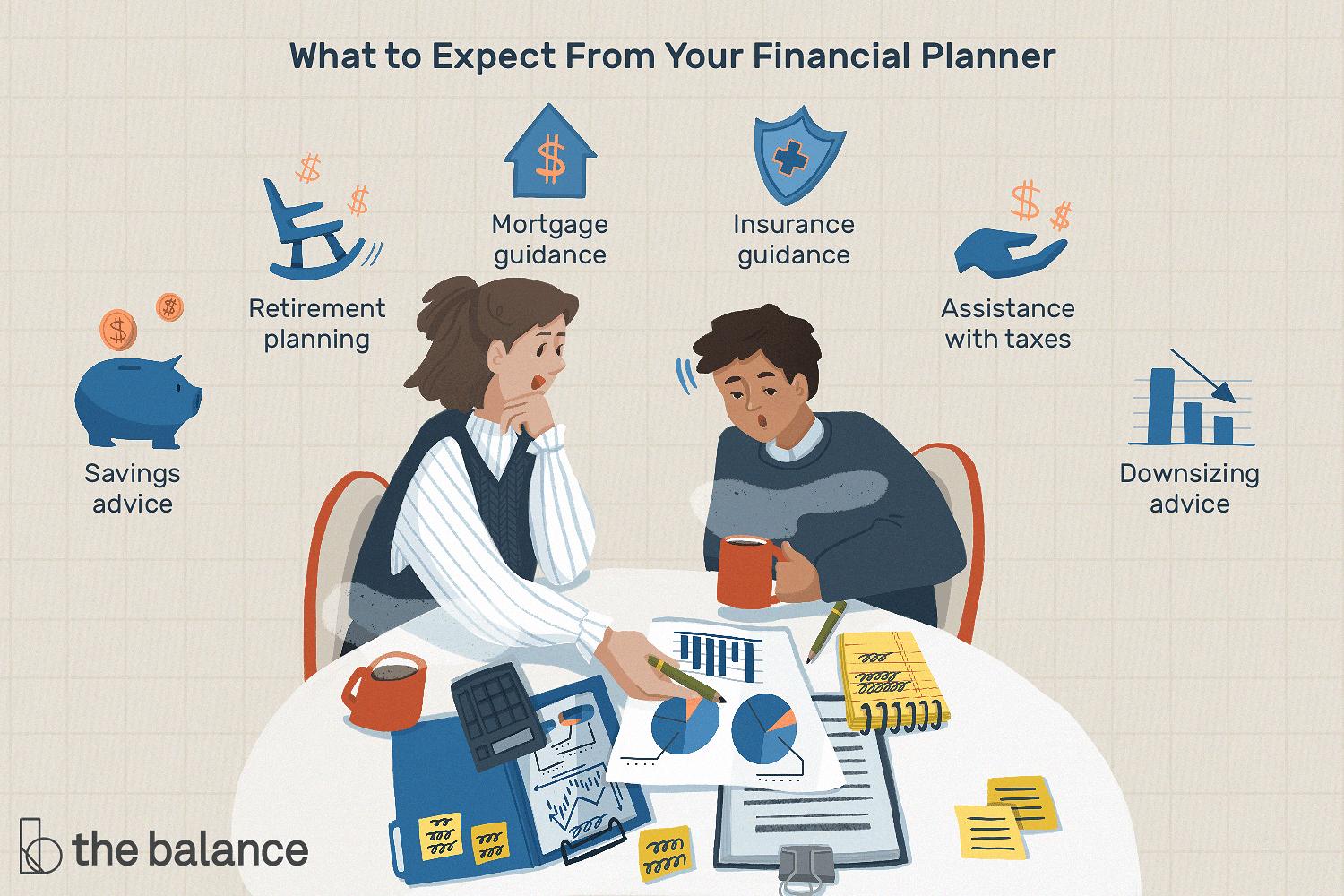
If you're curious about iOS development, then you're not alone. If you are curious about Objective-C Swift, Swift, Core Data, and Xcode, you are not the only one. iOS developers are just as passionate as any other developer about their craft. They are often out of the house a lot more than their competitors and, while they are obsessed with technology, they never lose sight of design and the user's experience.
Xcode
Xcode (Apple's integrated development environment) allows developers to create Swift code and compile their apps. Xcode has been designed to be used for iOS development. It is extremely versatile. Users can use it to write code and design user interfaces, and even submit them to Apple's AppStore marketplaces.
Download Xcode for iOS Development on a Mac with at minimum 2GB RAM, 30GB Hard Disk Space, and 128MB Video Memory. An Apple ID is required. Next, click the App Store icon in the Dock. From there, click Xcode in the top-right corner.
Objective-C
Objective-C is a programming language that allows you to create iOS apps. It is a descendant of the C language and can benefit from the extensive C++ libraries. Objective-C has the ability to use C libraries (such as Swift) unlike Swift. Swift is not compatible with C. It also includes XCode, an IDE for creating iOS and OS X apps. It includes all the tools you need to create fast and performant apps.

Objective-C is an object-oriented programming languages. There are two main files in Objective-C: the implementation and the interface. The interface file contains a definition of the class, and the implementation contains the code. This file contains code that creates, stores and accesses objects. For example, the class Color might have the instance method -changeColorToRed:green:blue. Objective-C, however, uses pointers, which is a different approach to Swift. This protects against security flaws. Pointers can be handy, but they can also create problems for developers.
Swift
iOS Development With Swift is a guide that shows you how to create apps using Swift programming. It covers all the details of the language and walks through the creation process. Anyone who is interested in developing iOS apps will find this invaluable as a developer resource. You will find it easy to learn Swift thanks to the numerous examples.
Swift is an innovative cross-platform programming languages that works both on Apple iOS and Linux. The LLVM compiler technology makes it possible to run at maximum speeds. This means you can create your apps faster with less code.
Core Data
Learn how Core Data can be used in iOS development projects. This framework consists of many parts that work together to provide a customized data storage solution. You'll also learn how to use advanced fetch requests and the various types of fetching.
Core Data can be implemented using a managed model object (MOM). This means that entities are given attributes that can be mapped into code fields. Each entity may have several attributes like name, position and salary.

Project management
It can be difficult to manage a project in iOS development. For project management, many small teams will rely on pen-and-paper. Although it is a flexible and quick solution, there are downsides. This will result in a jumble of documents covering multiple versions of the iOS application. This is not the best option for team management.
Wrike, a cloud-based platform that facilitates project management, is a good choice. Wrike makes it easy to collaborate on your projects and allows for real-time reporting. Wrike can be integrated with other platforms. This makes it easy for teams to collaborate in real time.
FAQ
What is a consultant anyway?
Consultants are people who provide services to others. It's more than just a job title. This role allows you to help others achieve their dreams. Helping others to understand their options, and then helping them make the best decisions.
Consultants are experts in finding solutions to the problems and challenges that arise while working on projects. They provide advice and guidance about how to implement those solutions.
A consultant should be able to answer questions about anything related to business, technology, finance, law, management, leadership, strategy, operations, customer service, human resources, etc.
What can I expect from my consultant?
When you choose your consultant, they should respond within a few working days. They will often ask about your company's mission, goals and products. After that, they will send you a proposal detailing the scope of work, expected time frame, fees and deliverables.
If everything looks good, then the two parties will negotiate a written contract. The type of relationship between the parties (e.g., employee-employer, independent contractor-employer) will affect the terms of any contract.
If all goes according to plan, the consultant will begin working immediately. The consultant will have full access to your files and resources. You'll also have access to their skills and knowledge.
However, don't assume that just because someone is a consultant that s/he knows everything. It takes time and practice to become an expert on any subject you consult. Don't expect your consultant know everything about your company.
How do I get clients to my consulting business?
Finding a passion area is the first step. You can choose to be passionate about anything, from public relations and social media. If not, you may have to start small by finding a niche market such as web design. Once you have discovered the niche, understand what it does. What problems does the solution solve? Why should people use this? How can you help them?
You can also contact businesses directly.
If all else fails offer your services for free at networking events and conferences. You'll meet many potential customers without spending money on advertising, and you'll be able to show off your skills.
Do I need a degree to be a consultant?
Learning a lot about a subject and then applying it to your life is the best way to be an expert.
You can learn all you need to know to become a great consulting professional by starting to study now.
If you have a degree but no relevant experience, you may struggle to get hired. However, if you can demonstrate that you've studied the same subjects as those who got the jobs, you could still apply.
But remember, employers will always look for candidates with real-world expertise.
What's the difference between an advisor and a consultant?
A consultant provides advice on a topic. A consultant offers solutions to problems.
A consultant works directly alongside clients to help them realize their goals. Advisors advise clients indirectly via books, magazines, lectures and seminars, etc.
Statistics
- 67% of consultants start their consulting businesses after quitting their jobs, while 33% start while they're still at their jobs. (consultingsuccess.com)
- According to statistics from the ONS, the UK has around 300,000 consultants, of which around 63,000 professionals work as management consultants. (consultancy.uk)
- Over 50% of consultants get their first consulting client through a referral from their network. (consultingsuccess.com)
- On average, your program increases the sales team's performance by 33%. (consultingsuccess.com)
- According to IBISWorld, revenues in the consulting industry will exceed $261 billion in 2020. (nerdwallet.com)
External Links
How To
How can I start an advisory business with no money?
Start your own consultancy company with a simple and efficient method - no capital investment required!
This tutorial will help you learn how to make extra money while working remotely, improve your skills, and achieve success.
I'll share my secrets for generating traffic on demand, particularly when people search for something specific.
This is known by the name "Targeted Traffic". This method was built specifically to allow you to do things like this...
-
Choose the niche that you are interested in.
-
Find out which keywords are used by people to search for solutions on Google.
-
Write content around these keywords.
-
Post your articles on article directories.
-
Social media platforms can be used to promote your articles.
-
Develop relationships with experts in the niche and influencers.
-
Be featured on these blogs and websites.
-
By sending emails, you can increase your email list.
-
Start making money.